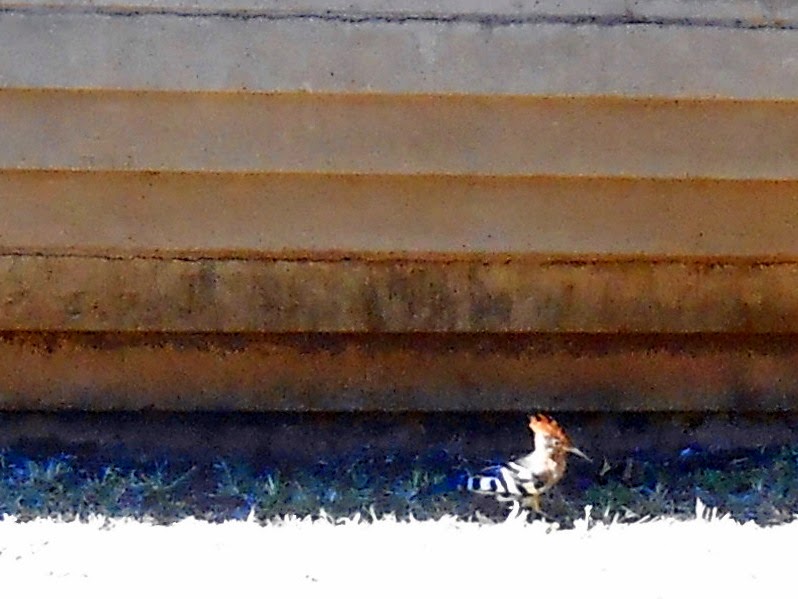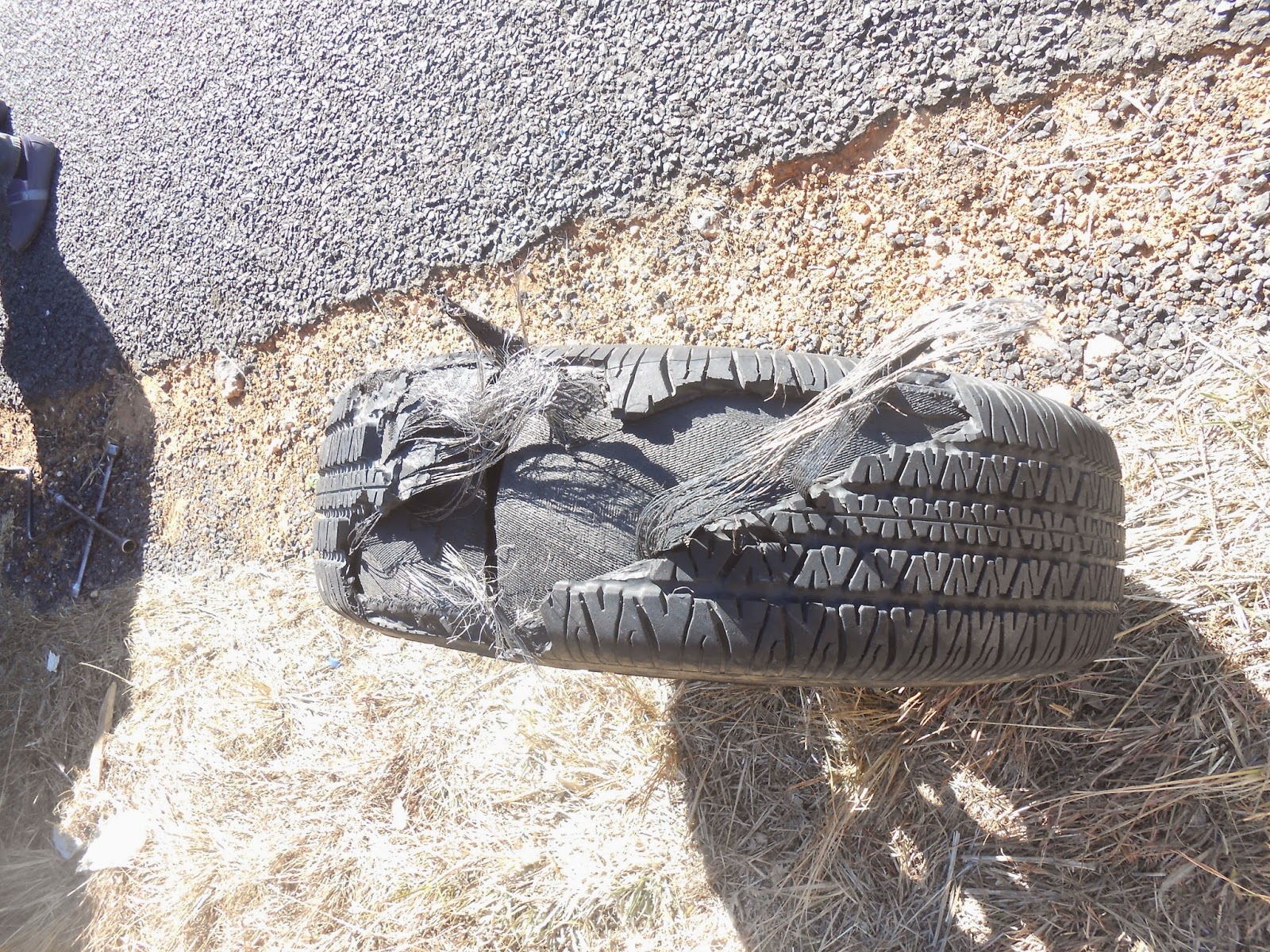It's a lot to process, this unseen transition that takes place when one suddenly finds oneself waking up in a "First World" country once again. Blogging in my African garden months ago, I thought I would have a post or two about my time leaving. But something now tells me that the learning and wisdom that comes from rewiring oneself onto a new continent may just expand in a slow rising for the rest of a lifetime...
- - - - - - - - - - - - - - - -
There is a dirty little word the ex-pat community in Zim whispers quietly, never speaking too loudly, lest it be misunderstood.
Listen closely, because I'm nervous to say it out loud.
DeAfricanization.
This word could mean a hundred things to a hundred people, and many of the definitions could have an understandably negative connotation for sure. But I want to let you in on this secret little word, whispered by anyone preparing to leave the home they have come to know on a shiny, hair-pulling, beauty queen, beast of a continent called Africa.
DeAfricanization. Whether you like the term or not, it's being used by expats everywhere, as the concept that there is a transition one goes through when leaving the continent. It's more than just a needing to become desensitized to the sudden sensory overload of signs and ads and billboards and media barraging from every angle after stepping off a plane. It's more like an involuntary, personal, mental-quarantine of sorts, that takes place while a person comes to terms with the Third World problems that suddenly no longer exist at the front of conscious thought when one steps into a First World country.
It's understood that the longer one's been away from the First World, the longer it takes to make the transition. But it's also understood that the more Africa has gotten in your blood, the more it pops itself up. At random times. In random places. When you least expect it. With brighter colors and without the smell of urine or the feeling of cracked heels. Maybe a bit romanticized.
I'd be lying if I said I don't still have Africa tapping me on the shoulder a number of times each day. But here is one example in particular that I had just a week and a half off the continent, when I came to see exactly what it meant to realize that the technological world had not stopped its "progress" while I had been a way for a few years.

Among other things, my sister's middle name could be One-Who-Does-Not-Get-Embarrassed. So I knew my behavior was not the best when my sister, standing next to me at the public library in her town, looked around with a blush on her face as I angrily spoke to a man behind the counter. But I just couldn't believe it. I had just spent weeks worrying about what would happen to my staff. How I would leave my friends unemployed in a country with an unemployment rate in the 90s and the third lowest GDP in the world. I knew
the value of employing people, of giving a human being work to provide for his/her self and family. Africa taught me that. And I was not going to forget it. Then I walked up to the counter to check out my books, and realized that some people already had forgotten.
In place of a smiling librarian, ready to scan my books, I instead came face to face with what has become the bane of my existence at every American grocery store: the self-checkout. A machine that never fails to slow me down tenfold after raising my blood pressure tenfold. I looked at it for a moment. Then I got in line at the old-fashioned circulation desk, waiting my turn rather than taking a decade to convince the computer I really was trying to scan a bar-code. When the librarian ushered me forward, I handed him my pile of books. He promptly pointed me to the self checkout.

"Can I not check out here?" I'd asked defensively.
"Why? Is there a problem?"
"I'd rather use a human than a machine," I said handing him my first book.
"No, we don't do check-outs anymore. You'll have to use the machine."
"Really? Your computer's not capable? Can't you just scan my stuff, since I'm already here?"
"No. Is there a problem with the machine?"
"No..." I stared at him.
"Is there a reason you cannot use that machine?"
"I just like employing people... I'm giving you work." He looked at me like I was crazy. Could this man not see that his very job was at stake when he was letting the computer do his previous work?! Didn't he know that I was just trying to employ people? Were computers taking over the world? Oh, why wasn't I in Africa where this would never be a problem?!? I was lucky to have One-Who-Does-Not-Get-Embarrassed with me, or I know I would have ridiculously made a scene that had little to do with the man and everything to do with the changes I found myself unready to witness. I was being ridiculous, but how could I have just come from a place where people were dying to have a job to one in which people were happy to hand over their work? Didn't anyone else see?!?
Over the next few weeks I came to see that technology hadn't just changed at the library. There were iPads swiping people's credit cards at the farmer's market. We got our restaurant bill on a tablet right at the table before signing and leaving without ever touching a receipt. I walked through a food court at the mall and realized that this vendor does not take orders any more; you simply walk around the corner and pick up your food:
 |
And suddenly, telling someone to hold the pickles on a hamburger takes
twelve extra minutes as one navigates how,
exactly to ask a single question or make a single comment on an "easy order." |
Even my four year old had noticed the technological differences in the US. Our check-out woman had laughed at us one day as she looked down at Jonas. "It's as if he's never seen a check-out belt before!" Not that he could remember. And suddenly I realized. Jonas' excitement at seeing fire trucks. And traffic lights. His amazement at seeing deer. His pointing out of every neon sign we passed. His love of bulk-bins at the grocery store. Jonas was going through his own silly version of deAfricanization, too.
I recognize everything would have changed had I been in Africa or America or anywhere else in the world. But the difference was stark and the shift in reality was real. I was glad to have a term, the little secret word, to put a name to what I was going through. And for the hundredth time in a week I had to decide whether to just smile or to explain that we had just returned from two years in Africa.



















